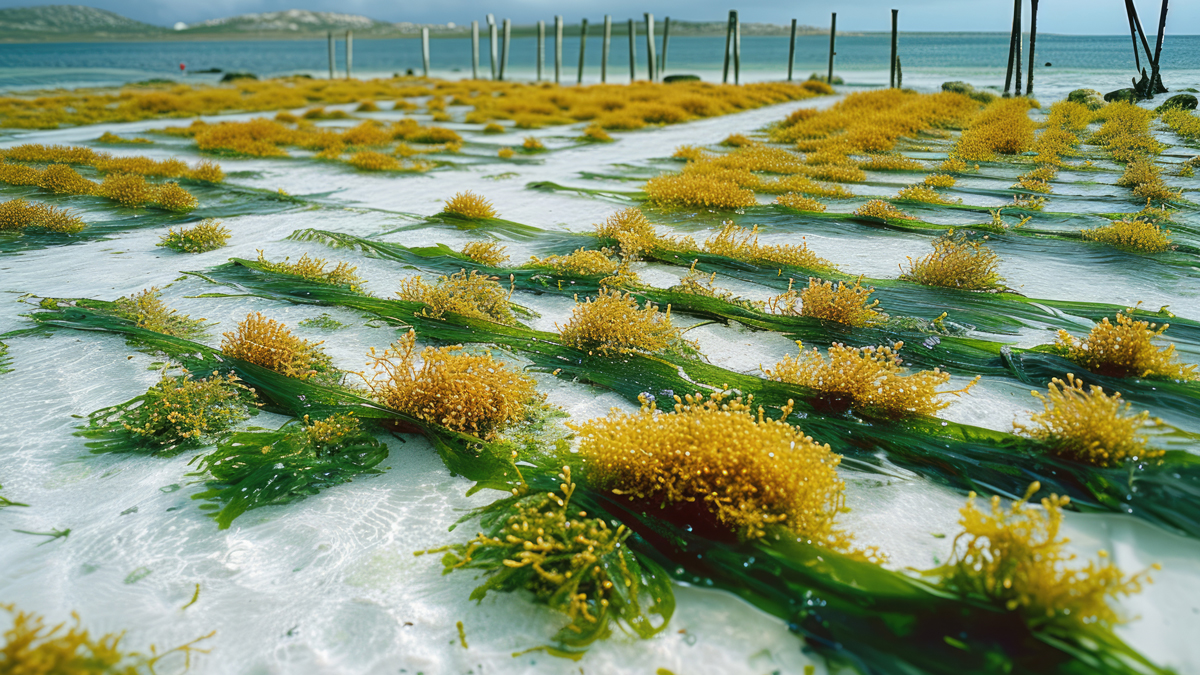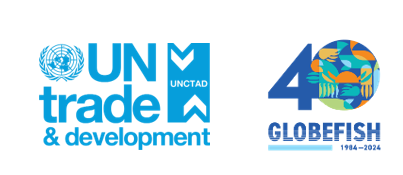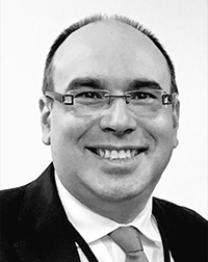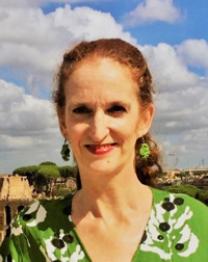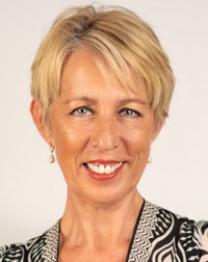Background
FAO GLOBEFISH, a project supported by multiple donors and operating under the FAO Fisheries and Aquaculture Division (NFI), was established in 1984 with the primary objective of providing analyses about the trade and market of fisheries and aquaculture products. It also aimed to foster and facilitate the exchange of information among the industry, governments, academia, and other stakeholders on a global scale. In its journey, FAO GLOBEFISH has achieved greater international coordination by establishing the FISHINFONetwork, which linkssix regionalnetworksacross 85 countries. These units– INFOPESCA, INFOFISH, INFOPÊCHE, INFOSAMAK, EUROFISH, and INFOYU – started as FAO projects, delivering technical capacity-building services to their member countries and the industry in their regions. They also organize periodical global trade and technical events, where FAO GLOBEFISH regularly participates, fostering a sense of globalconnection and collaboration.
FAO GLOBEFISH stands out for its unparalleled 40-year support to the sector, which has resulted in tangible impacts across all regions. Its commitment and extensive experience have enabled it to be constantly present in the ever-changing global fisheries and aquaculture landscape, advancing its activities with resilience and determination.
Consistent with the overarching goal of the Blue Transformation, the FAO GLOBEFISH project promotes sustainable trade of fisheries and aquaculture products, thereby contributing to better access to aquatic food, particularly in areas where food supplies are scarce. FAO GLOBEFISH additionally provides assistance for the enhancement and growth of aquatic food value chains, including mitigating loss and waste, fostering transparency and traceability, supporting market access, and guaranteeing fair and inclusive returns for stakeholders. This multifaceted strategy helps to advance the United Nations 2030 Agenda and FAO’s four betters’ principles: better production, better nutrition, better environment, and better life.
One tool FAO GLOBEFISH utilizes to reach its goals is the production of regular publications providing market analysis on a wide range of species and markets, combining price information from multiple sources, including reviews on topical issues – the GLOBEFISH Highlights, the European Price Report, the GLOBEFISH Insights, and the Chinese Fish Price Report. In addition, the FAO GLOBEFISH Price Dashboard, a robust and user-friendly interface, displays periodic prices of fisheries and aquaculture products in Europe, which FAO GLOBEFISH monitors and updates weekly. The price dashboard and all publications are available on the FAO GLOBEFISH website (www.globefish.org). In addition to other updates related to trade and markets, import regulations and analysis of border rejections of the major importing markets, country profiles providing a snapshot of the sector in each country, and other trade and market-related information are also available.
To commemorate the 40th Anniversary of the FAO GLOBEFISH project, the Fisheries and Aquaculture Division (NFI) of FAO will host a two-day event entitled “40 Years of the FAO GLOBEFISH Project: Key Highlights and Way Forward” on the 18 and 19 September 2024, at the FAO headquarters in Rome, Italy.
The 40th Anniversary celebration of the FAO GLOBEFISH project highlights and strengthens the significance of collaboration in the sector. Donors and partners are crucial in supporting FAO GLOBEFISH in its efforts to develop and disseminate market and trade information on fisheries and aquaculture products on a large scale.
objectives
The objectives of the event are:
- To discuss current and future trends in the fisheries and aquaculture sectors, with a focus on the critical role of information in the development of business decisions and the formulation of county policies.
- To reinforce the importance of up-to-date trade and market information for the fisheries and aquaculture industry and the essential role of FAO GLOBEFISH and other units of the FISH INFONetwork in delivering such information.
- To highlight the importance of collaborative endeavors in the fisheries and aquaculture industry for the long-term preservation of resources, society, and the economy, as well as for the widespread dissemination of knowledge and information.
- To discuss future strategies of FAO GLOBEFISH and the FISH INFONetwork with a broader audience.
Programme
Moderator:
- Mr. David Vivas Eugui, Chief of Section a.i., Trade, Environment, Climate Change & Sustainable Development Branch, UNCTAD
Keynote speaker:
- Ms. Stefania Vannuccini, Senior Fishery Officer, FAO
Panellists:
- Ms. Melanie Cueff, Research Engineer at the National Centre for Scientific Research (CNRS) and Scientific Officer to Global Seaweed Coalition
- Ms. Debra Sadranu, Managing Director, Essence of Fiji Group
- Ms. Hoa Doan, Head of Impact and Sustainability, Notpla
- Mr. Nima Bahramalian, Industrial Development Expert, UNIDO
Interactive Session and Q&A
David Vivas Eugui is Chief of Ocean and Circular Economy Unit, a.i., Trade, Environment, Climate Change and Sustainable Development Branch, at UNCTAD.
Previously, he was a Senior Economic Affairs Officer in UNCTAD’s Trade Negotiations and Commercial Diplomacy Branch, Deputy Programmes Director at the International Centre for Trade and Sustainable Development (ICTSD), Senior Attorney at the Center for International Environmental Law (CIEL), Attaché for Legal Affairs at the Mission of Venezuela to the World Trade Organization (WTO) and Staff Attorney at the Venezuelan Institute of Foreign Trade. David is an international expert with more than 20 years of experience on legal and economic issues.
He has worked as an advisor and consultant for various institutions, international and national organizations and has lectured on intellectual property, trade, oceans economy and environmental law at the University of Strasbourg (CEIPI), Universidad de Buenos Aires (Argentina), Universidad Javeriana (Colombia), Maastricht University (the Netherlands), WIPO Distant Learning Academy, and University of Business and International Studies (Switzerland).
He holds a JD from the Universidad Catolica Andres Bello, an LLM from Georgetown University and a Master in Transnational Business from the Universidad Externado de Colombia.
Stefania Vannuccini is the Senior Fishery Officer responsible for fisheries and aquaculture statistics (FishStat) of the Food and Agriculture Organization of the United Nations (FAO).
She is also Secretary of the Coordinating Working Party on Fishery Statistics (CWP), premier international and interorganizational forum for agreeing common definitions, classifications and standards for the collection of fishery and aquaculture statistics.
An economist, with specialization in statistics, she has several decades of expertise in the analysis of current and future trends of the fisheries and aquaculture sector and its contribution to food security, with several publications, articles and presentations produced. She is one of the main authors of the biannual FAO State of Fisheries and Aquaculture (SOFIA), coordinating Part 1 of SOFIA 2024.
She is also responsible for the fish projections and chapter annually included in the OECD-FAO Agricultural Outlook and of other outlook studies.
Debra Sadranu first came to Fiji in the 1990s and established a Spa School and chain of nearly 20 spas in luxury hotels and resorts across the island. Debra’s passion is helping women in Fiji gain access to training and employment to improve their quality of life.
In 2014 Debra took her passion for skin care introducing skincare formulas, founding Essence Group Fiji, a health and wellness business centred around supporting local economic development goals. Debra’s extensive knowledge of the benefits of sea minerals for the skin led her to explore the various types of local seaweed. Through her partnership with ACIAR - James Cook University in Australia, Debra learned that Nama, a long-time local Fijian delicacy, has incredibly beneficial properties for the skin due to its high concentration of minerals and vitamins.
Debra then embarked on a journey to figure out how best to sustainably harvest and incorporate Nama into her skincare formulas. Being mission driven, Essence Group built the world’s first sustainable Nama harvesting program alongside the Australian Government funded Market Development Facility.
The sustainable Nama harvesting program was designed to create opportunity for the women of the Yasawa islands. It generates a new income source to compliment that of the traditional village system and safeguards an important natural resource in a pristine environment.
Hoa Doan is a climate policy expert with experience in consulting, public sectors (NHS and No10 Downing Street) and entrepreneurship.
She was a Net Zero policy advisor in the Prime Minister’s Office at No10, overseeing the delivery of decarbonisation programs across the building and transport sectors. Hoa was shortlisted for the 2023 Forbes 30 Under 30 Europe list in the Social Impact category for her contribution to the UK climate policy agenda.
She is currently the Head of Impact and Sustainability at Notpla, an UK-startup that recently won The Earthshot Prize for its plastic-free consumer packaging products made from seaweed and plants.
Nima Bahramalian is an Industrial Development Expert at the United Nations Industrial Development Organization (UNIDO).
Over the past ten years he has been working on sustainable development of the seaweed industry in Indonesia with a focus on enhancing its innovation capacity, quality and competitiveness. He has been applying systems theory to better navigate interventions aimed at transformation of seaweed industry towards a sustainable and equitable development path.
He is currently focused on researching and developing projects to leverage seaweed potential for climate action. As a development practitioner he has managed technical assistance projects that promoted sustainable development of productive sectors in Guyana, Uganda, South Africa, Republic of North Macedonia, Albania, Belarus, Kyrgyzstan, Iran, Afghanistan, Pakistan, Indonesia, Viet Nam and the Philippines.
Nima holds a BEng from Tehran Azad University of Science and Research, an MA in International Business from University of Greenwich and an MSc in Urban Economic Development from University College London.

